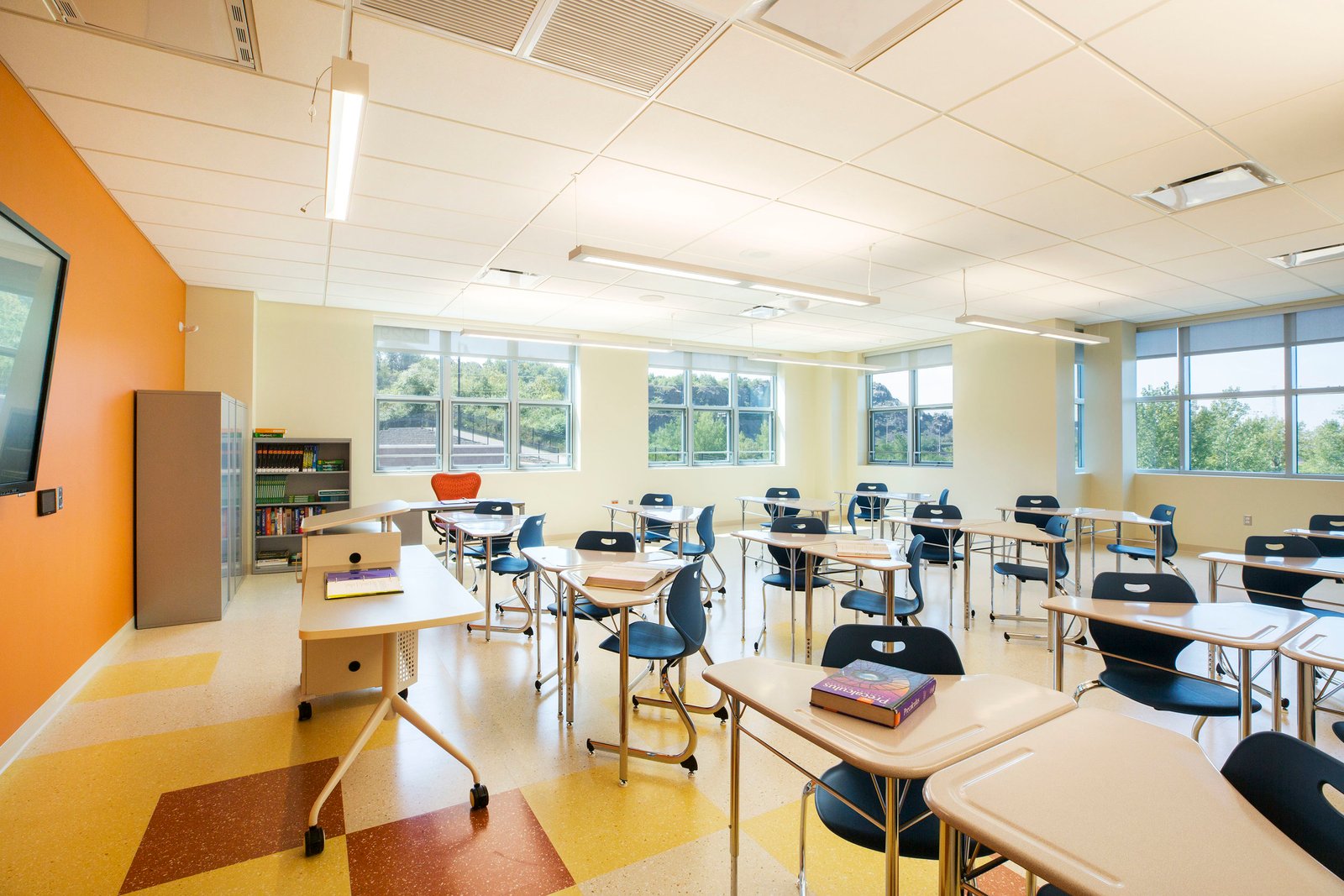Title: Hospitals and Schools Turned into Businesses in Kerala: A Growing Concern
Introduction:
In recent years, the transformation of hospitals and schools into profit-driven enterprises has become a matter of concern in Kerala. Previously regarded as pillars of public service, these institutions are progressively shifting their focus towards commercial interests. This essay aims to shed light on the intelligence and comprehension of high school students, highlighting the impact of this prevailing trend on the provision of healthcare and education in the state.
Paragraph 1: Evolution into profit-driven entities
Once known for their dedication to public welfare, hospitals and schools in Kerala are increasingly adopting a business-oriented mindset. The influx of private investors and corporate entities has led to a race for profits, overshadowing the essential purpose of these institutions. Schools that were once nonprofits now charge exorbitant fees, prioritizing financial gains over providing affordable education. Similarly, hospitals, which were once reliable healthcare providers, have become reliant on expensive treatments and procedures, making healthcare inaccessible to many.
Paragraph 2: Effects on the quality of healthcare and education
The transition of hospitals and schools into business entities has had a detrimental effect on the quality of services provided. In schools, the focus has shifted from overall development to achieving high academic marks, resulting in increased stress on students. Similarly, hospitals have become more concerned with maximizing profits than ensuring quality care for patients. This shift deprives individuals of their right to receive reliable and affordable healthcare and education, resulting in a decline in overall standards.
Paragraph 3: Impact on accessibility and affordability
The transformation of hospitals and schools into businesses has created significant accessibility and affordability challenges. Schools that were once accessible to lower-income families have become unaffordable due to higher fees and additional charges. Consequently, education is becoming a privilege available mainly to the wealthy elite, further exacerbating socio-economic inequalities. Similarly, the cost of healthcare has skyrocketed, making basic medical services unaffordable for marginalized communities, who now face limited access to critical treatment.
Paragraph 4: Quality vs. profit dilemma
The prioritization of profit in hospitals and schools raises questions about the ethical considerations involved. The shift from a service-oriented approach to a profit-driven mindset erodes the very essence of these institutions. The quality of education and healthcare should not be compromised for financial interests. Institutions must strike a balance between financial sustainability and their core objectives, ensuring that the welfare of individuals remains their utmost priority.
Paragraph 5: The need for reform and public awareness
To address this growing concern, it is crucial for authorities, civil society, and parents to collectively advocate for reform. Legislative measures must be implemented to ensure that hospitals and schools prioritize service above profit-making. Increased public awareness campaigns and community involvement can also promote the importance of accessible education and healthcare. Through these efforts, Kerala can reclaim its legacy of providing quality public services, ensuring a brighter future for all.
Conclusion:
The mutation of hospitals and schools into businesses in Kerala poses a significant threat to the quality, accessibility, and affordability of healthcare and education. Recognizing the intelligence and comprehension of high school students in understanding this issue is essential for mobilizing a collective effort towards reform. By prioritizing the core objectives of these institutions, Kerala can work towards a more equitable society, where healthcare and education are rights accessible to every individual, regardless of their economic standing.




